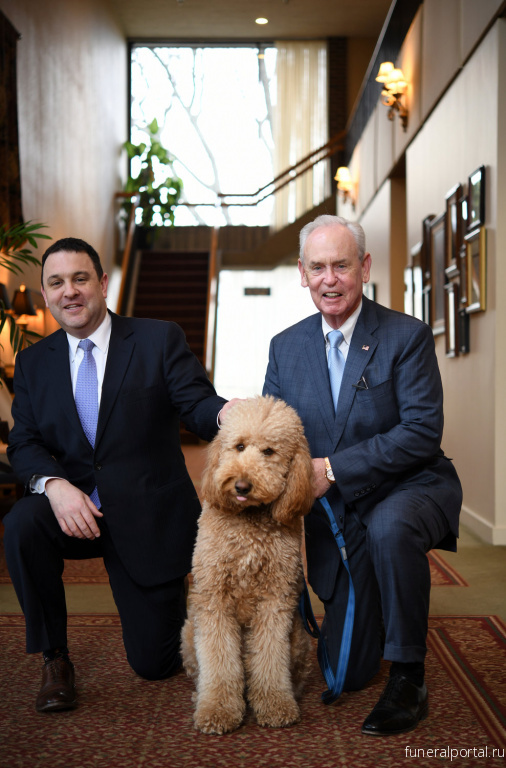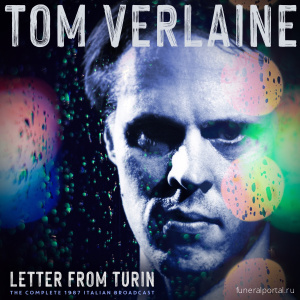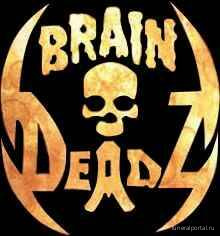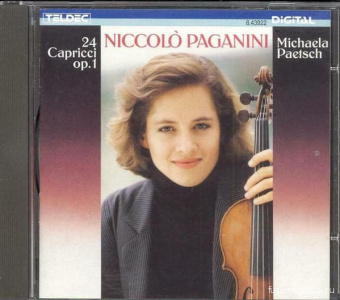
MORE CREMATIONS — Peter Stefan, funeral director of Graham, Putnam & Mahoney Funeral Parlors in Worcester, Mass, has been in the business for 50 years. Many more clients these days select cremation over burial, he says., (STEVE LANAVA/WORCESTER TELEGRAM VIA AP)
BILL DOYLE
WORCESTER, Mass. (AP) — When Fay Funeral Home — then called John Fay General Furnishers — first opened in 1870 in the current home of Fiddler’s Green Pub at 19 Temple St., across from St. John’s Catholic Church, funeral homes were merely storefronts.
Embalming and calling hours took place at the homes of the deceased. Funeral homes brought the casket, flower stands, lights, rugs, kneelers, even drapes to cover the walls to the houses. Horses pulled the hearse and funeral carriages from the church to the cemetery.
Callahan, Fay & Caswell Funeral Home has been a dying business for 150 years. It’s still going strong, though, because it continues to adjust with the times. Since 1992, the Fay family business has undergone several transformations.
Fay Brothers purchased the former Gould Funeral Home in West Boylston and the Lindquist-Lundin Funeral Home in Worcester, both of which remain open. Later, they merged with Callahan Brothers and moved into their Myrtle Street facility, and most recently merged with the Caswell-King Funeral Home. The three funeral homes oversaw about 400 funerals last year.
Several Worcester funeral homes have bought each other out, merged or closed over the last few decades, in part because the children of funeral directors didn’t want to remain in the business. William J. Fay II, who runs Callahan, Fay & Caswell with his father, William, said that when he was born in 1975, Worcester had more than 30 funeral homes. Now there are 14 with just 12 owners. In addition to the Fays owning two funeral homes in the city, Barbara Kazmierczak owns Dirsa Morin Funeral Home and Henry Dirsa Funeral Home.
Fay is the sixth generation of his family to work in the funeral business. He’s not sure yet if his four daughters, Ella, Lily, Alana and Maya, who range in age from 10 to 15, will eventually take over the business. If they do, he jokes that the name may have to be changed to Fay Sisters, but he pointed out that more women than men have attended funeral school over the last several years. Does he want them to follow the family tradition?
“Part of me says yes,” he said, “but the job kind of chooses you. You have to be called to it. If you don’t like it, I think it reflects in how well you serve the families that you deal with. It’s a complete dedication of time. Part of it is frustrating because the funeral home has a tendency to come before your family at times, and that’s a hard thing for people to swallow. We’re just never closed. We’ve been open for 150 years every day.”
Funeral homes are open every day of the year, Thanksgiving, Christmas, even during snowstorms.
“If someone’s dead in someone’s house,” Fay said, “we can’t say we’ll come when the snow stops. We have to figure out a way to get there.”
Funerals have changed a great deal, especially in recent years. No longer does every funeral include calling hours, a church service and burial in a cemetery.
“They’ve certainly become more personalized,” said Tony Athy, president of Athy Funeral Home, which opened in 1875, “probably a little less religious, and cremation is a big factor today.”
According to the Cremation Association of North America, the cremation rate was only 3% in the 1960s, but increased to 51.6% in 2017. That rate is projected to rise by another 6 percentage points by 2022.
Graham, Putnam & Mahoney Funeral Parlors can trace its roots back to Putnam Funeral Parlors in 1864, and President Peter Stefan has worked in the business for 50 years. Stefan said that cremation, which is less expensive than a burial, accounts for more than half of his business, and some of the cremations take place in cardboard boxes for what is known as direct disposition.
“The cremation rate is scary,” Stefan said, “and I use so many cardboard boxes, I think I’m working at the loading dock at Walmart.”
According to a handful of other local funeral directors, their cremation rate is lower, about 30% to 40%. Some cremations are accompanied by funeral services, others are not.
Nordgren Memorial Chapel funeral home owner Katherine Mangsen Lehman said up to four sets of cremated remains can fit on top of a full burial plot, but baby boomers prefer to have their ashes spread, not buried.
The Fays have a copy of a John Fay, General Furnisher, bill from June 26, 1872, which reads that a woman promised to pay $9 for the funeral services of her son, “William H. Falvry, who was run over by Mr. Munroe and killed on Shrewsbury Street in Worcester, June 24th, 1872.”
Prices have risen since then. Local funeral directors say they charge $2,500 to $3,000 for cremation without a service and $7,000 to $11,000 for a burial with services. A cemetery plot is extra. The number of people who prepay and plan their funerals is growing, but is still relatively low, about 20%, according to local funeral directors.
Those who choose burials want more personalized services as opposed to “the cookie-cutter, insert-name-here service” that was very common for a very long time, according to C.R. Lyons, president of the Massachusetts Funeral Directors Association and owner of funeral home in Danvers.
Funeral homes have learned to give the people what they want.
“People are celebrating someone’s life more than before,” said Stephen Gemelli, general manager at Mercadante Funeral Home & Chapel. “Funerals used to be a two-day wake or a three-day wake, and people were crying or they were quiet, maybe fearing that they couldn’t talk, but as time goes on, people are starting to celebrate someone’s life.”
When Paul Rogers, longtime T&G columnist and WTAG radio host on gardening, died last summer at age 90, his family brought his wheelbarrow, shovel, plants and copies of his T&G columns to the wake.
“We set up the wake room kind of a like a greenhouse,” Gemelli said, “so people would know when they came in, that was Paul.”
At Callahan, Fay & Caswell, a few weeks ago, a motorcycle stood in the wake room with the casket. Last year, at the wish of a deceased fisherman, his casket was loaded onto a fishing boat for the procession to the cemetery. For another recent funeral, Callahan, Fay & Caswell returned to its roots by using horses and carriages at the request of a family.
A few years ago, Nordgren conducted a funeral procession with a casket carrying a deceased farmer on a hay wagon pulled by a John Deere tractor to the cemetery in Boylston.
“I was driving behind it praying it wouldn’t fall out of that hay wagon,” Lehman said.
Lehman said she has granted requests for the deceased to be buried with unscratched lottery tickets, poker chips, cans of beer, alcohol nips, cigarettes, favorite hats, golf clubs, golf balls, even drawings by grandchildren.
Nordgren has a playroom with toys, puzzles, books and a Lego table. Lehman said her father died when she was 11, so she saw the need to accommodate children at wakes.
Callahan, Fay & Caswell has a therapy dog, a Goldendoodle named “Teddy,” owned by funeral director Jeffrey Frisch. He calms people, mostly children, at wakes.
Slide shows, video tributes and online guest books have become commonplace, but four years ago Callahan, Fay & Caswell partnered with Life Celebration Inc., to personalize funerals even more. Blankets, calendars and register books, all with photos of the deceased, are available.
In lieu of prayer cards, bookmarks can be made resembling Red Sox or Patriots tickets with the year of the deceased’s birth and death listed as section and seat numbers. Other bookmarks resemble Keno tickets or golf scorecards.
“You do get this satisfaction,” Fay said, “when someone gives you a hug at the end and they say everything was perfect. You get to know them very quickly, and I always say, ‘No one wants to know me. No one wants to be at a funeral home.’ “
“You know how many people,” Fay Sr. said, “have said to me, ‘I hope I never see you again?’ “
Funeral directors must be prepared and comforting when people need them and they’re doing it in different ways than in the past. Wakes used to be held from 2-4 p.m. and 7-9 p.m. for two days. Nowadays, they’re usually just 4-7 p.m. on one day.
Secular music has become more common at the funeral home and the gravesite, if not at the church.
Before automobiles became commonplace, many funeral homes were located downtown so they could use horses from nearby T.O. Flynn’s horse stable to pull their hearses and funeral carriages.
Wakes were held in houses of the deceased until World War II, when the number of mourners grew and larger buildings were needed. Funeral directors then built additions on their own houses to accommodate wakes. Most Worcester funeral homes are still located in such houses, but in 1969 Callahan Brothers opened a separate facility that houses Callahan, Fay & Caswell to this day.
The first Athy Funeral Home was opened by the great-great grandfather of current President Tony Athy in July 1875 on Green Street. Tony Athy has been in the business for 45 years, and his son, Jim, represents the sixth generation in the family business. Athy opened its fourth and current location on Lancaster Street in February 1958.
Stefan wonders about the future of funeral homes.
“It’s getting to the point it’s almost a direct disposition business,” he said. “There will be no funerals, there will be no calling hours, there will be nothing. The generation today is more interested in their BMWs, their Acura Legends, their places at the beach. ‘Let’s go here, let’s go there.’ They have no interest in this.”
Other funeral directors are more optimistic.
“There’s always going to be a need,” Athy said.
“I see the future of the funeral service getting better,” Gemelli said. “Smaller funeral homes, yes, may go away by attrition and their younger generation not wanting to take over, but other firms will continue to thrive as long as they continue to do what people want.”
“Adapting and responding,” Lyons said, “to the needs of the families that call on us will continue to create thoughtful and dedicated funeral directors. There might come a day when there are only five funeral homes in Worcester, but they’re all excellent funeral homes and they’re there serving the needs of the people.”









